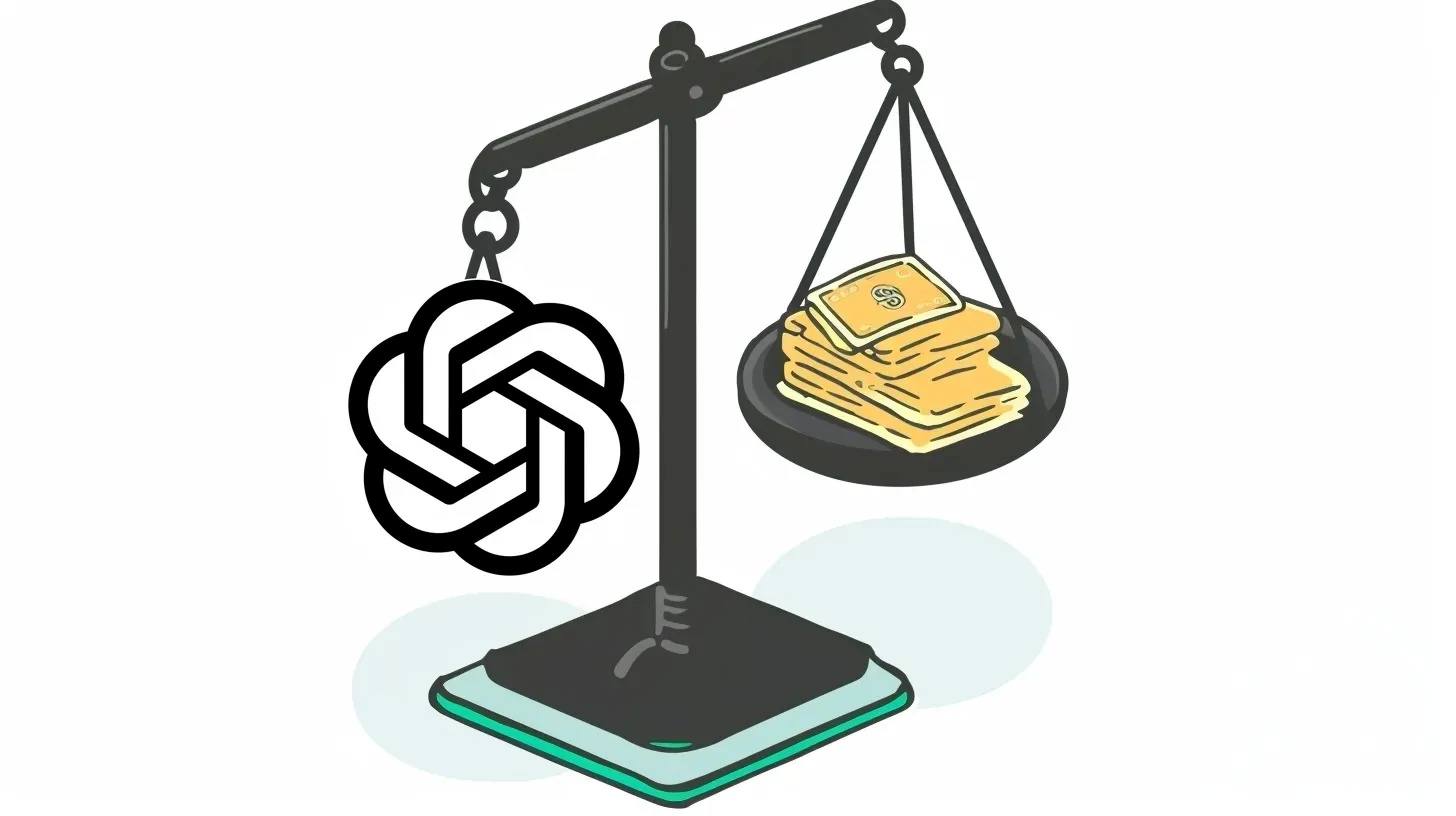OpenAI's pivot to "public benefit" model draws criticism from former executives

Update –
- Added statements from Brundage and Leike
Update: December 28, 2024
OpenAI's restructuring plans have drawn criticism from former executives. Miles Brundage, the company's former head of AI policy, warns of "red flags" in the proposal. He says key questions about corporate governance remain unanswered, such as how voting rights will be distributed among different stakeholders.
Brundage worries that the well-funded nonprofit arm will give the PBC too much leeway to evolve into a "normal company." He argues that product development decisions - like pricing and safety measures - must ensure the nonprofit's original mission remains a priority.
Jan Leike, who left OpenAI for rival Anthropic in May after harshly criticizing the company's AI safety practices, slams the reorg as not ambitious enough.
He says OpenAI's original mission of "ensuring that AGI benefits all of humanity" is being replaced by "much less ambitious charitable initiatives in sectors such as health care, education, and science," something Brundage also criticizes.
"Not what I signed up for when I joined OpenAI. The nonprofit needs to uphold the OpenAI mission!" Leike writes.
Instead, Leike suggests the nonprofit should support initiatives that develop AI for the good of all - like AI governance projects, safety and alignment research, and efforts to mitigate impacts on the job market.
Original Article: December 27, 2024
OpenAI confirms plans to transform its for-profit arm into a public benefit corporation
OpenAI wants to turn its profit-making arm into what's called a public benefit corporation - a business model that tries to balance making money with doing good for society.
After months of rumors, OpenAI has shared details about its reorganization plans. The AI company is looking to transform its for-profit division into a Delaware Public Benefit Corporation (PBC), which would let it pursue both profits and social impact.
What would a PBC transition mean for OpenAI?
OpenAI says its nonprofit arm would keep its existing stake in the for-profit entity, with those shares converting to PBC shares at a fair market value determined by outside financial experts. The move would create one of the wealthiest nonprofits ever, OpenAI claims, with its own leadership team and staff focused on charitable work in areas like health, education, and science.
Meanwhile, the PBC would have full control over OpenAI's commercial operations. Under US law, PBCs must consider the interests of all stakeholders - employees, customers, the environment - not just profits. PBC leaders have to report on their progress toward social goals at least every two years.
For OpenAI, the PBC structure offers a key perk: easier access to funding from traditional investors, while still keeping its original mission of developing AGI to benefit humanity baked into its legal foundation.
"We once again need to raise more capital than we’d imagined. Investors want to back us but, at this scale of capital, need conventional equity and less structural bespokeness," OpenAI writes.
Backlash over AGI tied to profits
OpenAI's announcement comes on the heels of a report by The Information, revealing that its deal with Microsoft doesn't just define AGI as AI that outperforms humans at most economically valuable tasks - it also sets a profit target of at least $100 billion in investor returns.
The leak has sparked criticism, with some accusing OpenAI of mixing its lofty AGI ambitions with naked greed. By announcing the PBC structure now, the company may be trying to quell concerns about its growing commercialization.
But to be fair, under Sam Altman's leadership, OpenAI has always been open about the need to generate revenue to fund its expensive A(G)I research. Developing advanced AI systems requires massive investments in computing power, talent, and infrastructure. Without a steady stream of cash, the company argues, its mission to create beneficial AGI would be impossible.
With OpenAI still in the red and not expecting to turn an annual profit until 2029, the $100 billion milestone looks far off. And according to The Information, Microsoft will have access to any OpenAI tech through 2030 regardless of whether AGI gets declared - a provision that could get removed from the contract anyway.
AI News Without the Hype – Curated by Humans
As a THE DECODER subscriber, you get ad-free reading, our weekly AI newsletter, the exclusive "AI Radar" Frontier Report 6× per year, access to comments, and our complete archive.
Subscribe nowAI news without the hype
Curated by humans.
- Over 20 percent launch discount.
- Read without distractions – no Google ads.
- Access to comments and community discussions.
- Weekly AI newsletter.
- 6 times a year: “AI Radar” – deep dives on key AI topics.
- Up to 25 % off on KI Pro online events.
- Access to our full ten-year archive.
- Get the latest AI news from The Decoder.